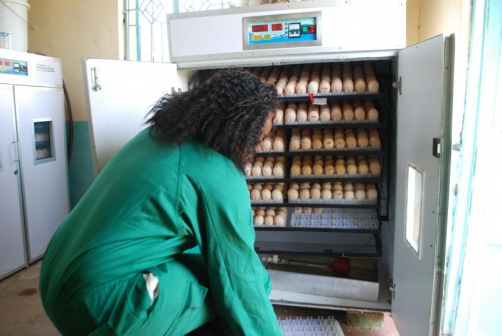×
The Standard e-Paper
Fearless, Trusted News

In the Smart Harvest edition of November 5 last year, I covered the consequences of having a faulty incubator and the losses associated with poor quality incubator machinery.